Top 6 Beneficial Insects to Help in the Garden
Maintaining a healthy garden isn't just about the plants you grow; it's also about fostering a balanced ecosystem where beneficial insects thrive! These tiny allies play crucial roles in pollination, pest control, and soil health, ultimately contributing to a vibrant and sustainable garden. Here in the UK, various insects provide invaluable assistance to gardeners, often with little recognition. Here, we'll explore six garden insects that you should actively encourage and support:
1. Ladybugs
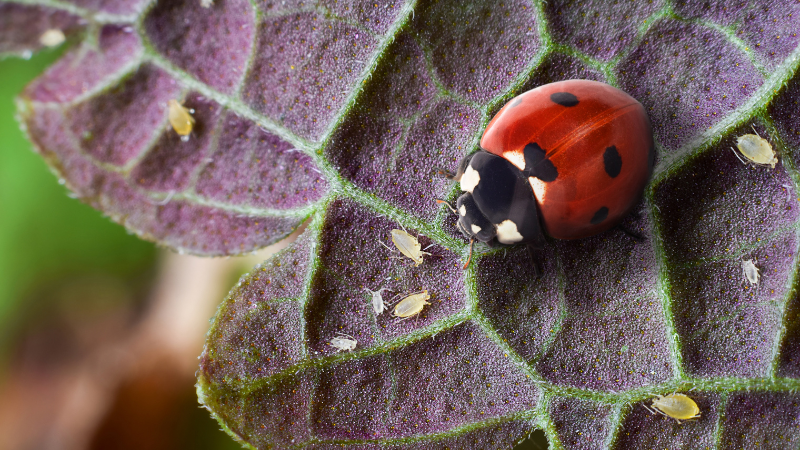
Ladybugs, with their distinctive spotted shells, are celebrated as natural pest controllers. These voracious predators feast on aphids, mites, and other harmful insects that can wreak havoc on your plants. Encouraging ladybugs in your garden can significantly reduce the need for chemical pesticides, promoting a more environmentally friendly approach to pest management. To attract ladybugs, plant pollen and nectar-rich flowers like yarrow, angelica, fennel and dill.
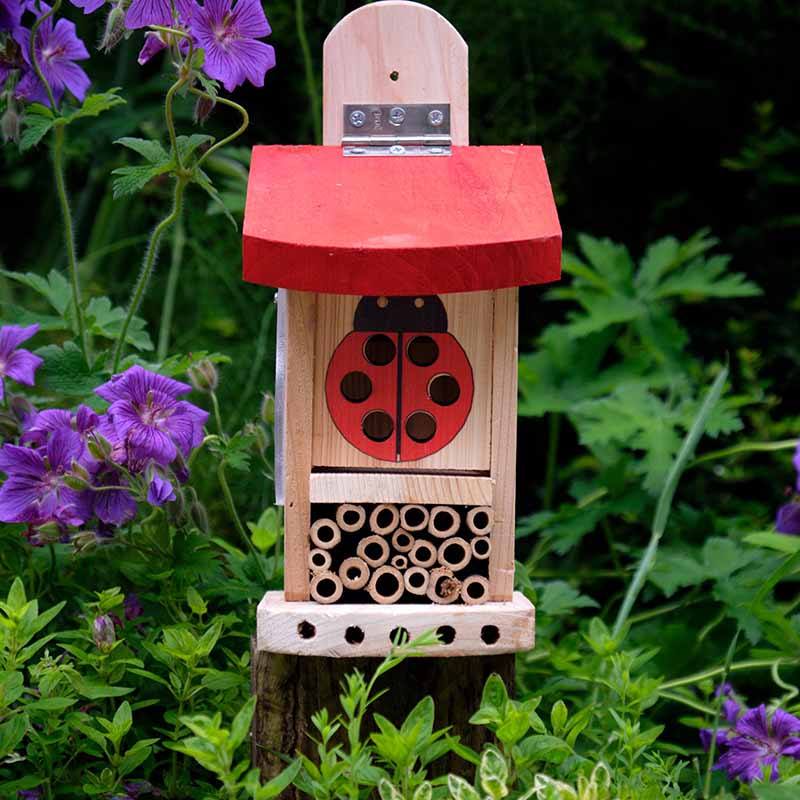
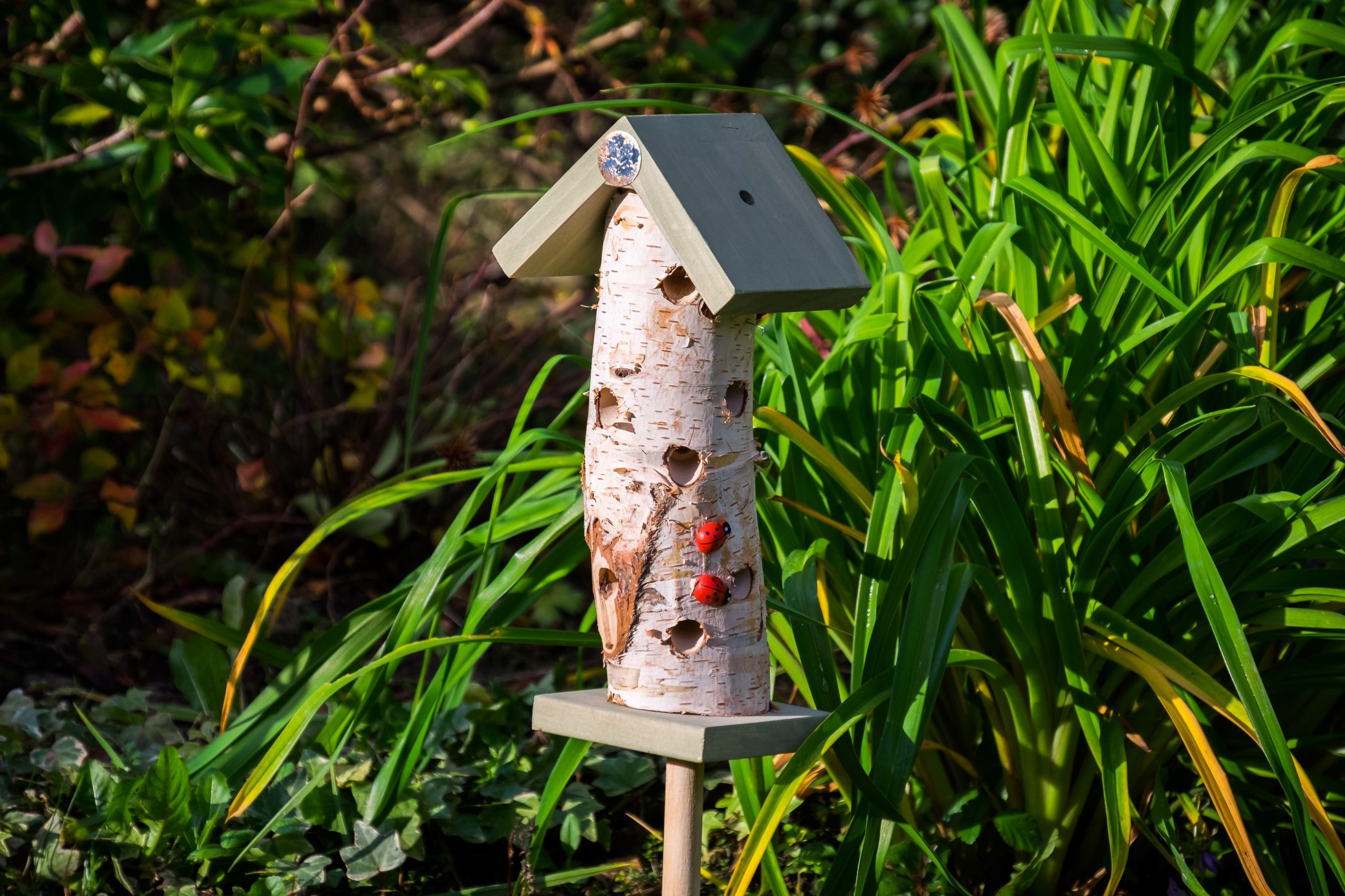
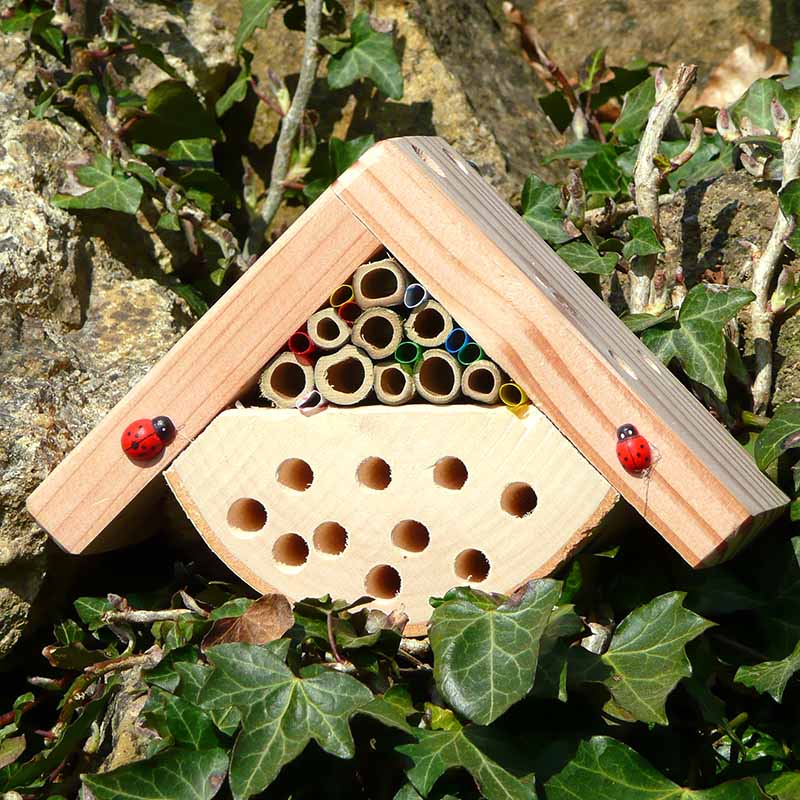
2. Solitary Bees
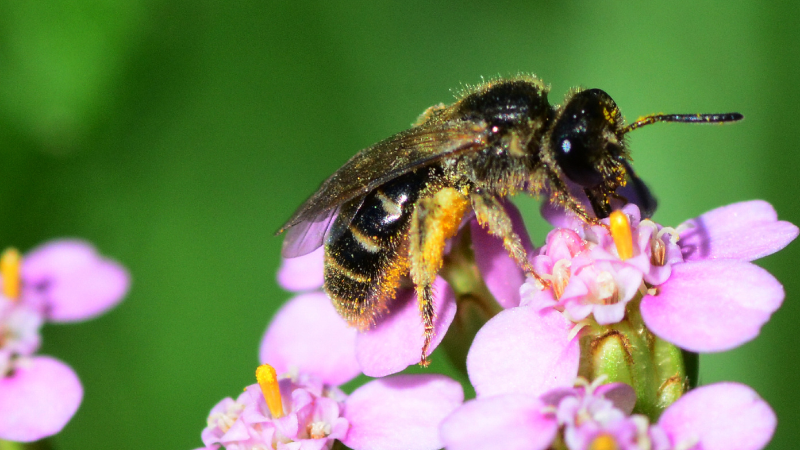
While honeybees often steal the spotlight, solitary bees are equally important pollinators, if not more so, in some cases. Unlike honeybees, solitary bees do not live in colonies; instead, they nest individually in various locations, such as hollow plant stems, tunnels in wood, or underground burrows. By providing nesting sites like bee hotels, you can support solitary bees and enhance pollination in your garden.
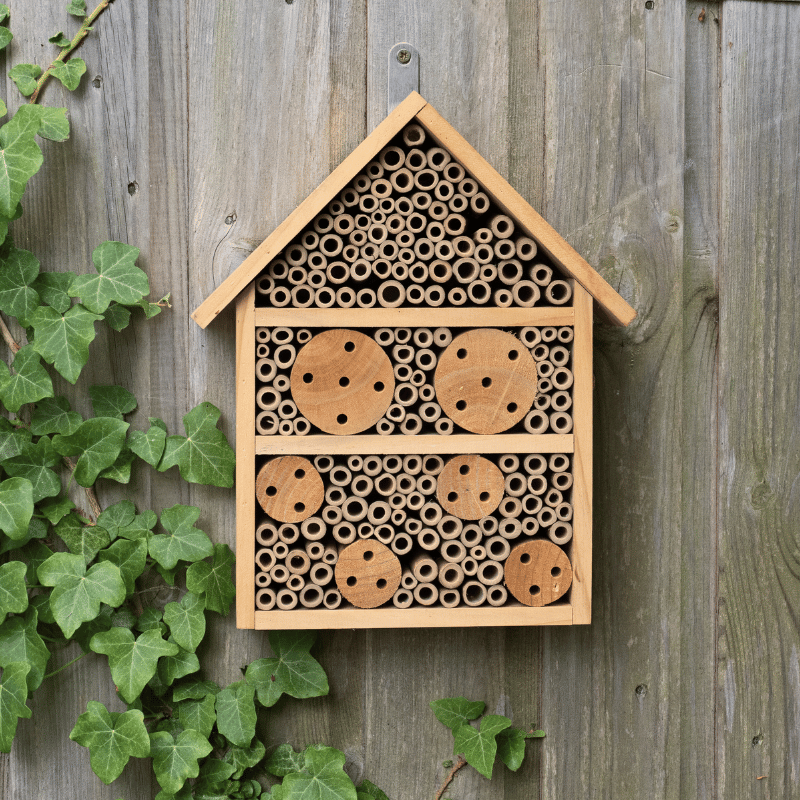
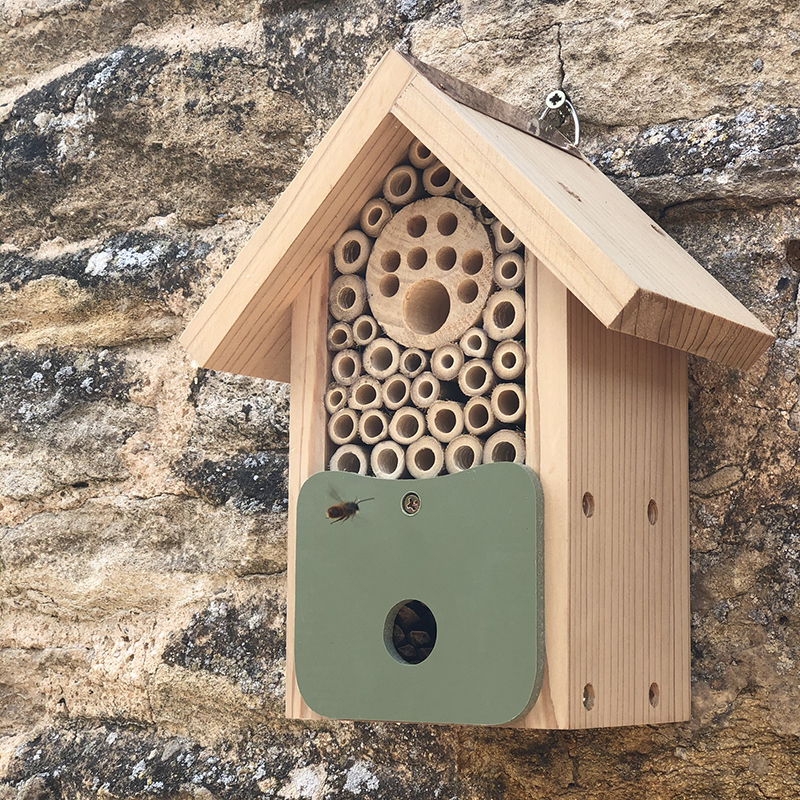
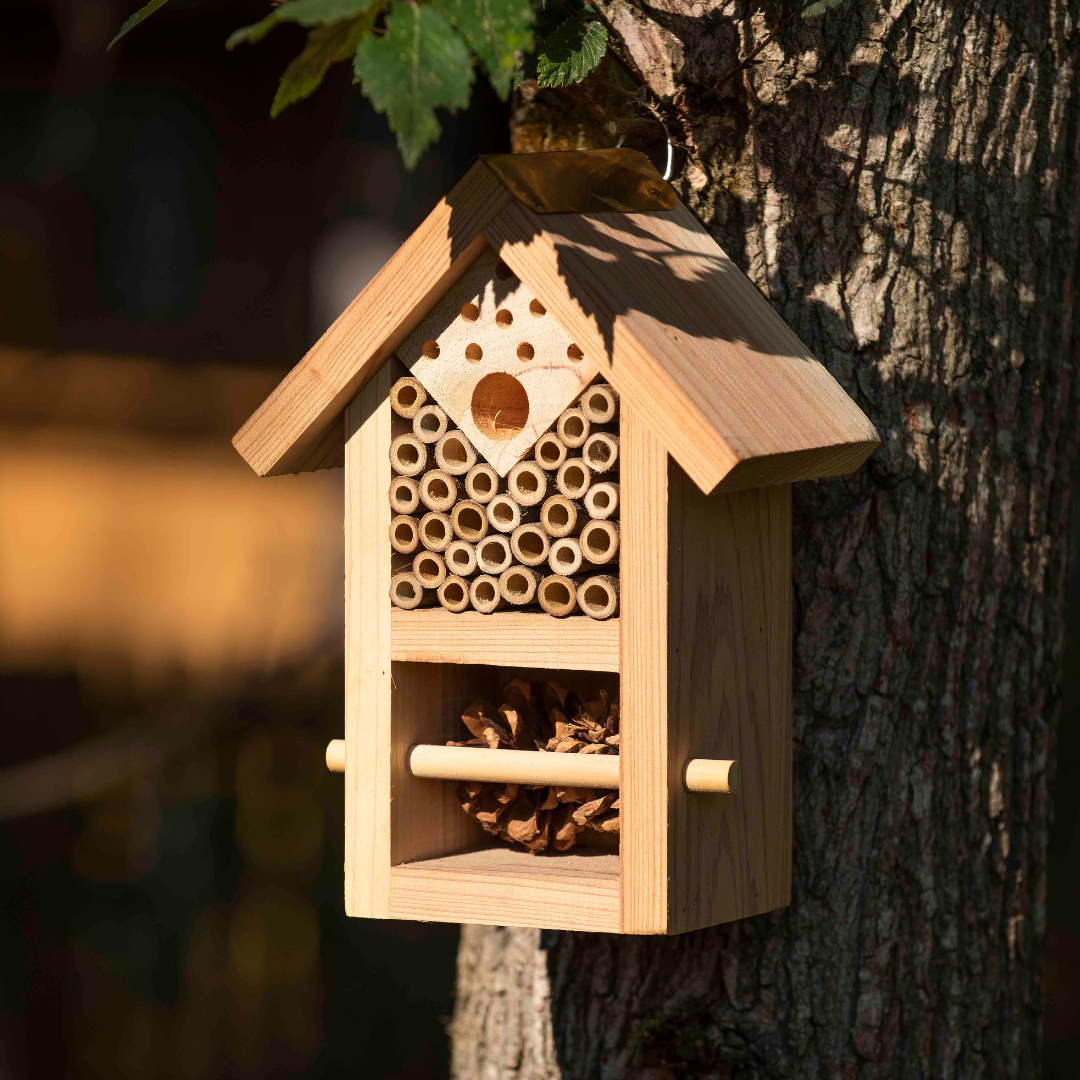
3. Lacewings
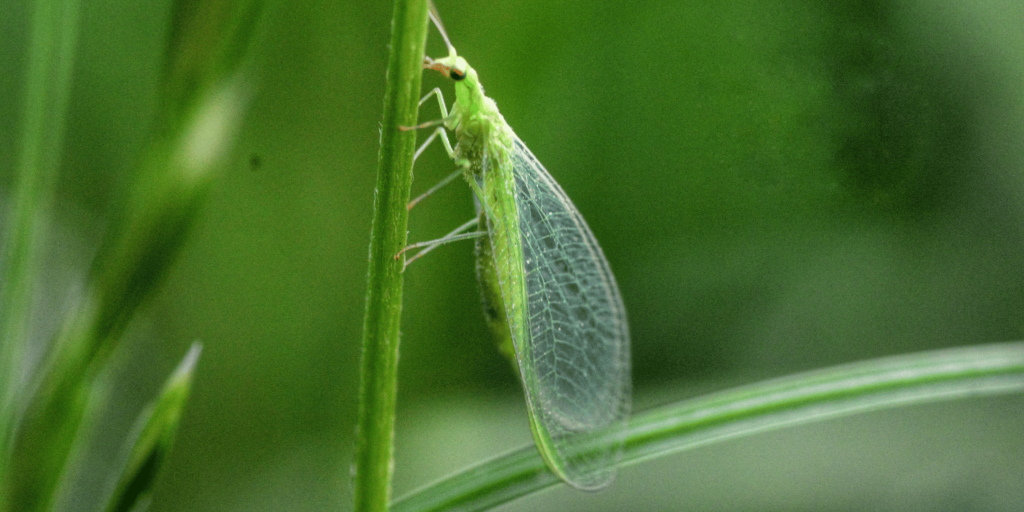
Lacewings are delicate insects with intricately patterned wings, earning them their name. Both adult lacewings and their larvae are formidable predators of aphids, caterpillars, and other garden pests. These insects are particularly beneficial for controlling aphid populations, making them valuable allies in organic gardening. To attract lacewings, provide diverse plantings, including cilantro, dill, fennel, yarrow, cosmos, or sunflower, which offer pollen and nectar sources.
4. Butterflies
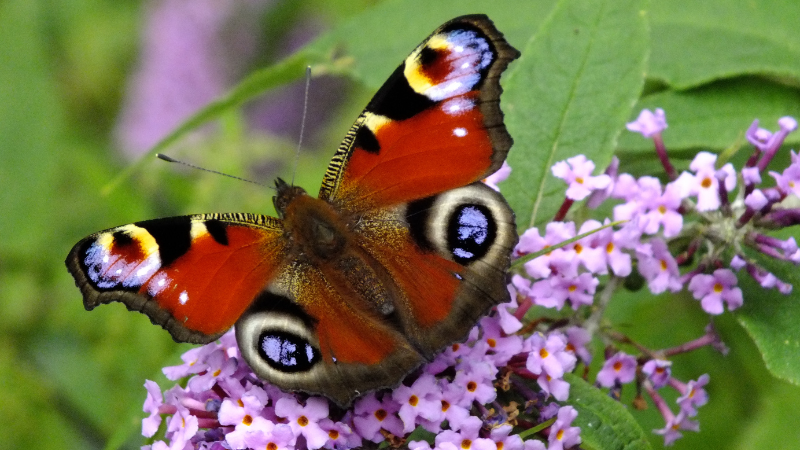
Butterflies are not only beautiful additions to your garden but also important pollinators. As they flit from flower to flower in search of nectar, they inadvertently transfer pollen grains, facilitating the reproduction of flowering plants. This process is essential for the production of fruits and seeds and the continuation of plant species. While they may not directly control pests like some other insects on this list, their presence indicates a healthy ecosystem. By planting various nectar-rich flowers such as buddleia, sedum, and verbena bonariensis, you can attract butterflies to your garden and provide them with the sustenance they need. You can also place a Butterfly Barn in your outdoor space, which provides a resting and sheltering spot for butterflies, moths and lacewings.
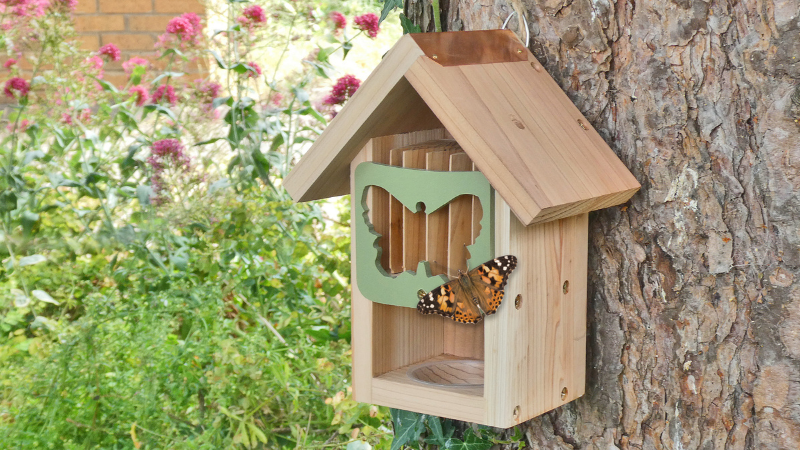
5. Hoverflies
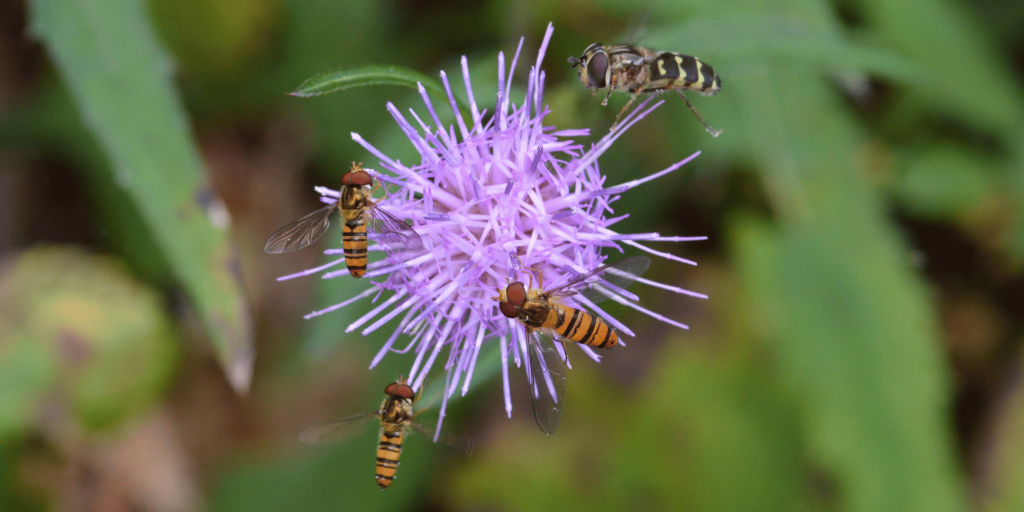
Often mistaken for bees due to their black and yellow markings, hoverflies are important pollinators and predators in the garden. While adult hoverflies feed on nectar and pollen, their larvae are voracious consumers of aphids, thrips, and other soft-bodied pests. By attracting hoverflies to your garden, you not only enhance pollination but also promote natural pest control. Plants like alyssum, phacelia, and buckwheat are attractive to hoverflies, providing them with essential food sources.
6. Ground Beetles
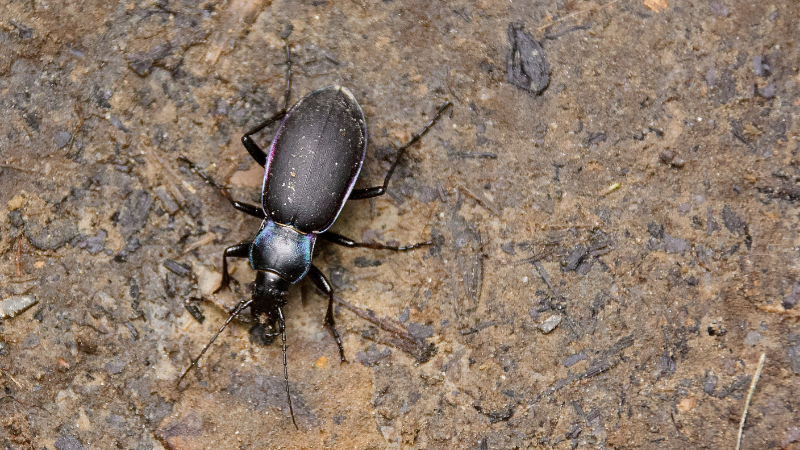
Ground beetles are nocturnal hunters who patrol the soil, preying on a wide range of garden pests such as slugs, snails, and caterpillars. These beneficial insects also help to control weed populations, contributing to overall garden health. Creating habitat features like log piles, leaf litter, and undisturbed areas can provide shelter for ground beetles, encouraging them to establish residence in your garden.
In the intricate tapestry of the garden ecosystem, every insect plays a vital role, and by nurturing beneficial species, you can create a more resilient and harmonious environment. Instead of resorting to chemical interventions that harm pests and beneficial insects, consider employing strategies that promote biodiversity and natural balance. By welcoming ladybugs, lacewings, butterflies, hoverflies, ground beetles, and solitary bees into your garden, you'll not only reap the rewards of healthier plants but also contribute to the conservation of these essential insect allies. Embrace these tiny but mighty helpers, and watch your garden flourish with life and vitality.

